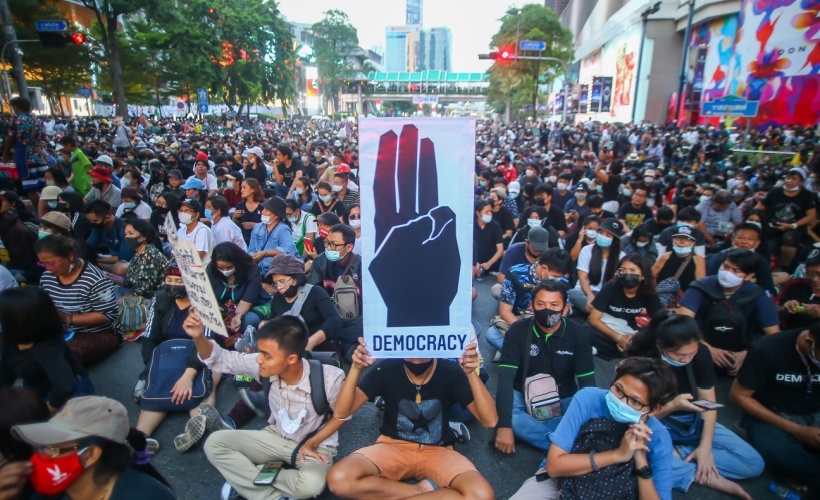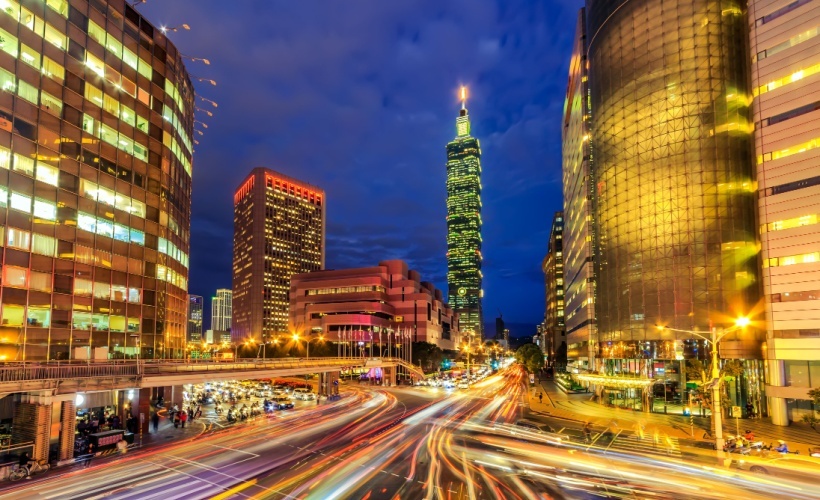In this talk, professor John M. Hobson takes on two Western-centric narratives of the rise of the global economic order (c.1500–2020): the Eurocentric and the critical ‘Eurofetishist’, both of which exaggerate the role of the West in the creation of globalization and the global economy. Bringing non-Western agency and processes in order to produce a fresh perspective leads him to focus on the ‘Afro-Indian pivot’ of the first global economic order and ‘Indian structural power’, with the latter deriving from India’s creation and domination of global markets in Indian cotton textiles. Indian structural power effectively organized the first historical capitalist global economic order within which Africans, West/Southeast/Central/East Asians and Europeans operated (c.1500–c.1850). Additionally, the ‘Afro-Indian cotton whip of necessity’ played a vital role in driving British industrialization that helped promote the second ‘modern capitalist’ global economic order after c.1850. Professor Hobson shows how the Indo-Pacific system helped constitute the Afro-Atlantic system, the outcome of which was the first global economic order and its subsequent transition into the second global economic order as a significant effect of non-Western agency that began around 1850 and remains with us today.
Speaker: Professor John M. Hobson, Department of Politics and International Relations, University of Sheffield
Moderator: Dr Anahita Arian, postdoctoral Research Associate, University of Cambridge







